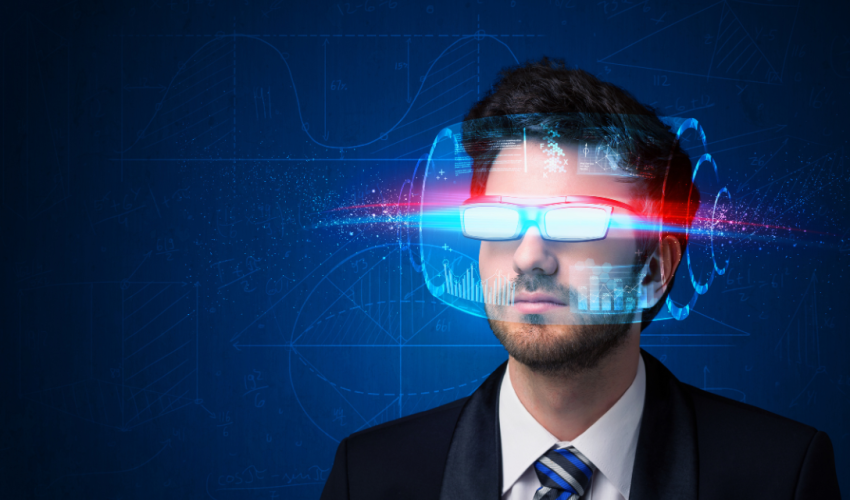As we stand on the cusp of 2030, the fabric of human life has been intricately woven with threads of advanced artificial intelligence, marking an era where the line between human and machine intellect blurs. The integration of Theory of Mind, artificial neurons, swarm intelligence, and neural convergence has not only reshaped our interaction with technology but also redefined our societal, economic, and ethical landscapes. This blog offers my personal glimpse into this future, tracing the evolutionary path of these technologies and proposing a framework for harnessing their potential to augment human life rather than undermine it.
By 2030, AI systems equipped with a “Theory of Mind” understand and anticipate human needs with unprecedented precision, offering personalized support in mental health, education, and daily decision-making. Artificial neurons have evolved to mimic the human brain’s efficiency, enabling machines to process and interpret complex emotional and environmental data in real-time. Swarm intelligence has revolutionized problem-solving, with AI systems collaborating in swarms to address global challenges such as climate change, disaster response, and healthcare. Neural convergence allows these diverse systems to integrate their insights, creating a holistic AI intellect that surpasses the sum of its parts.
Tracing the Evolution: From Concept to Reality
The journey to this future began with foundational research into human cognition and neural networks. Early 21st-century scientists sought not just to create machines that could learn, but ones that could understand and empathize. This quest led to breakthroughs in artificial neurons, designed to replicate the brain’s plasticity and learning capabilities. Concurrently, inspiration drawn from nature’s swarm behaviors fueled the development of algorithms that enabled AI to collaborate and learn collectively. The concept of neural convergence emerged from the necessity to unify these diverse AI talents, leading to systems capable of comprehensive understanding and innovation.
Charting the Course: A Framework for Beneficial AI
To ensure this future benefits humanity, we must adopt a multi-faceted approach that prioritizes ethical standards, transparency, and human-centric design in AI development. The following framework outlines key considerations:
- Ethical AI Development: Implement ethical guidelines that govern AI research and deployment, ensuring systems are designed with respect for human dignity, privacy, and autonomy. This includes developing AI that can understand and adhere to ethical principles in its decision-making processes.
- Transparency and Accountability: Foster an environment where AI systems and their decision-making processes are transparent, allowing for accountability and public scrutiny. This is crucial for building trust and understanding between humans and AI.
- Human-Centric Design: Ensure AI systems are designed to augment and enhance human capabilities rather than replace them. This involves creating interfaces and interactions that are intuitive and enriching, allowing humans to leverage AI for creativity, decision-making, and personal growth.
- Education and Awareness: Equip society with the knowledge and skills needed to navigate the AI-augmented world. This includes education on AI technologies, their potential impacts, and how to interact safely and effectively with AI systems.
- Global Collaboration: Encourage international cooperation in AI research and governance to address global challenges collectively and ensure equitable access to AI benefits. This includes sharing knowledge, resources, and best practices to foster inclusive growth and development.
By embracing these principles, we can steer the development of AI towards a future that not only harnesses its potential for innovation and efficiency but also preserves and enhances the human experience. The convergence of AI technologies offers a unique opportunity to reshape the world in ways that prioritize well-being, equity, and sustainable progress. As we move towards 2030 and beyond, our collective vision, creativity, and ethical commitment will determine the legacy of this remarkable human-AI partnership.
